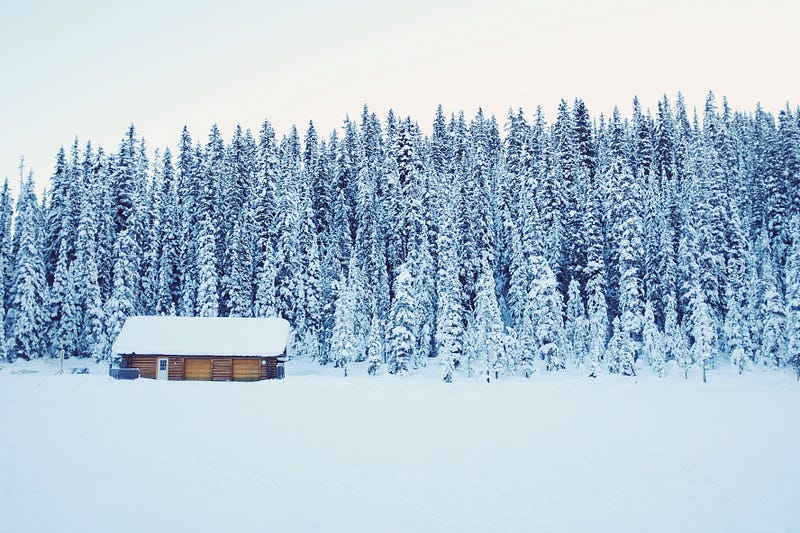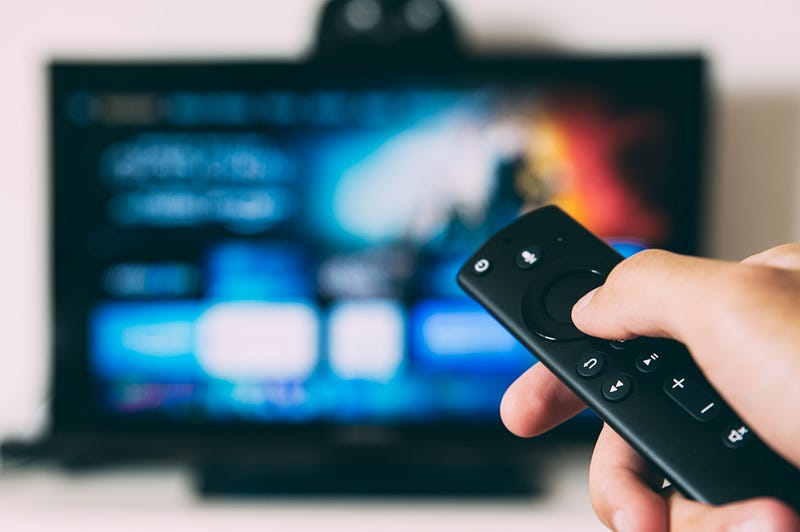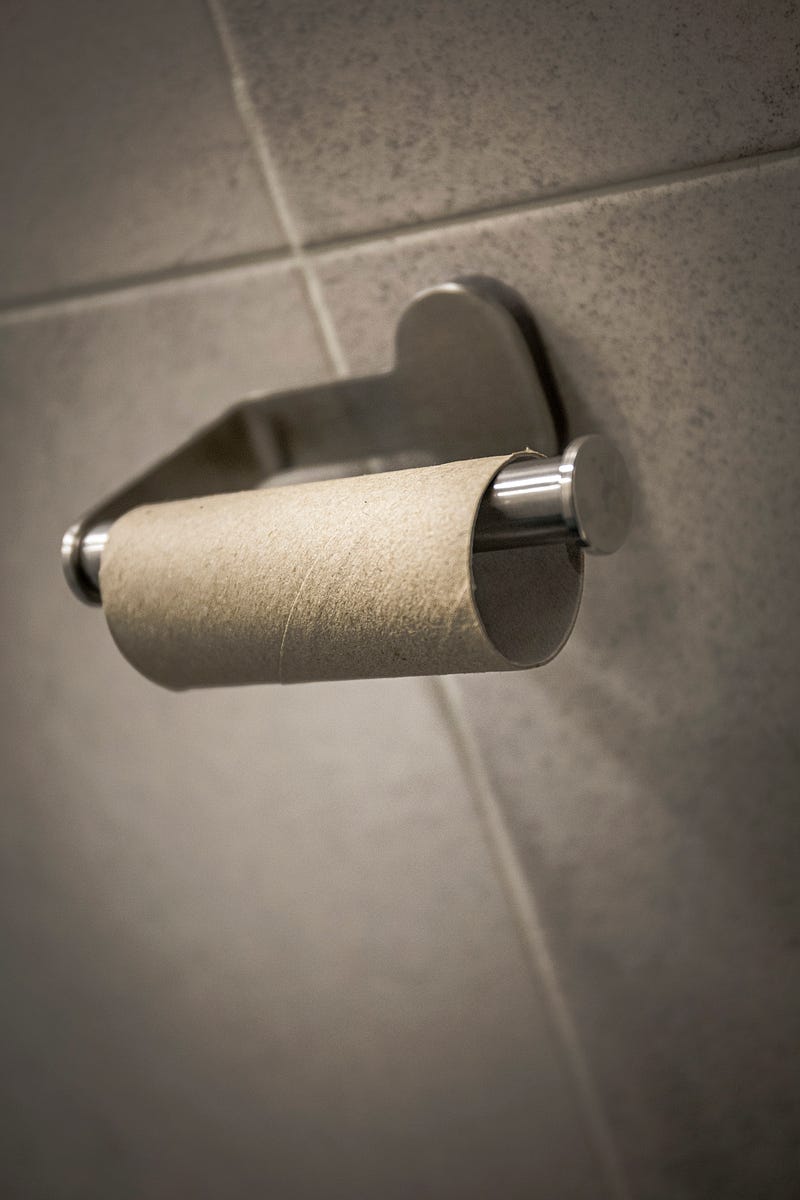Surviving Quarantine: Tips from a Pro
A guide to social isolation written by the socially isolated.
Table of Contents:
- Drop the Media
- Find New Responsibilities
- Practice self-reliance and be Prepared
- Maintain Mental Health

The Guide to Surviving Quarantine
Maybe you’re a social butterfly. Maybe you love your routine, you love going to work, you love seeing that check hit your bank account every two weeks. But things have changed, and they’ve changed fast.
The recent collapse of our economy and social stability probably has you shaking in your boots. Or maybe not.
My name is Michael. I’ve been socially isolating for a very long time. I’ve struggled with mental health issues since I was very young. When it comes to surviving social isolation and avoiding going out into the world, I am a veteran.
People who haven’t lived like I have do not realize the pitfalls of social isolation and viral fear.
There are serious dangers people are unware of.
Human beings are beasts of burden. When we lose our jobs and our responsibilities, the decay of our mental health becomes inevitable.
Mental health and well-being is not the default state of human consciousness. We have to fight to keep our mental health in these strange times. We have to fight to replace panic with a sense of healthy responsibility and awareness.
But there is hope, lots of it.
If you’re quick on your feet there are plenty of ways to battle this decay and even ways to find new meaning in the midst of this nationwide chaos.
1. Drop the Media

The media is having a field day, and they’re selling panic with a large side of fear. People are glued to their TVs and phones.
Fear and death sell in the news business, nothing will change that.
But there's nothing worse you could do than to sit on your couch all day, reading and watching the most terrifying news you can possibly find on the TV and the internet.
Put down the phone, turn off the TV, take a deep breath.
Call the people you care about. Let your network know that they have your support in these dark times.
Get a pen and paper, take some notes. Write down whatever pops into your head. It’s time to make a game plan.
2. Find New Responsibilities
The reason work provides a sense of well-being and happiness is not only because of the income it provides. It’s because of the responsibility.
People need to know that what they are doing matters and that they are making the world a better place in some way. That includes you, and me.
So how can you improve things? Look around.
- Self-care
Take responsibility for yourself. Everyone knows that in the event of an emergency on a plane, you always put the oxygen mask on yourself before anyone else. If you’re sick and tired, you can’t help your family and friends.
Exercise.
Eat healthier.
Pay attention to yourself. Find ways to help yourself.
Try getting some new hobbies going. Now is a good time to sharpen up your skills and explore old forgotten talents or discover new abilities you didn’t know you had.
2. Other-care
Take responsibility for those you love. Help your family and friends. If you can’t see them in person, that’s fine. Call them and ask them how they are doing, if they need anything.
Help those closest to you that you can see. Pay attention to them. Let them know that they have your support.
If you’re scared right now, imagine people who are alone. Don’t let your family and friends feel like they’re alone in these times.
3. Practice Self Reliance and be Prepared

The way we have been living has left us sorely unprepared to survive economic and social emergencies.
A fish doesn’t know it’s in water until the lake dries up. People don’t know how thin the ice is until it breaks.
Most people heavily rely on an electric grid, water from their city, food and supplies (toilet paper) from their local grocery store and shopping centers, information from cable and the internet, and medical supplies from the health-care system including essential and life-saving drugs.
If even one of these invisible infrastructures failed we would be fish out of water, and we would have to adapt fast.
It’s okay, don't freak out. Keep a cool head. What can you do to be more self-reliant?
This is a great opportunity to practice some self-care, learn new hobbies and practice things you’ll find to be fulfilling.
- start an organic garden (trust me, it is soooo worth it, and so much easier than you would think)
- invest in some emergency supplies (see 6)
- write down a basic emergency plan for your family in times of crisis
- buy a small .22 hunting rifle and learn to use it, or a powerful BB gun if you’re scared of a little gunpowder. (if the grocery store shuts down, god forbid, you’ll need a way to turn those rabbits on your lawn into a meal)
- do research. The internet is a goldmine for survival information and how to practice self-reliance
- buy basic survival supplies. Solar charged battery and flashlights, tools, water filters and purification tablets, fire starting kits, medical supplies, clothes to keep you warm if you need them, food for long term storage, first aid kits, books and information on local wildlife including plants and animals.
- Store medical supplies. In my case, I am epileptic. I absolutely need to get a shipment of medication every several months. If that shipment stopped arriving, I would be in deep doo-doo. So I store up medications and supplements that help me with my condition, in case, god forbid, I were to ever run out of the essential medication I get regularly.
- improve your relationships with your close family. It’s easy to forget how much you depend on each other and how much more you might in a survival scenario.
- improve your relationships with your close neighbors. They are closest to you physically and are a part of your innermost community.
If you are prepared for the worst, you don’t have to worry about the worst as much. Just pretending everything will be fine forever probably isn’t the best option. Because things usually aren’t fine forever.
And most importantly, if you prepare well then you know that the people you love can depend on you in a crisis.
4. Maintain Mental Health

The most important thing is mental health.
People who have a consistent health routine don’t realize that they depend on their healthy routines and relationships to stay mentally healthy.
People who have never been anxious or depressed often don’t realize what it means and feels like until they have been stuck in it for a long-ass time. And then they have to dig their way out. I’ve seen it happen.
If you don’t take care of your mental health and watch yourself carefully, you might end up on a youtube video clawing out a lady’s eyes in the toilet paper section.
Refer back to self-care. Create routines and responsibilities and maintain healthy relationships with the people you’re close to (or as healthy as you can manage. You can always make things a little bit better).
And find a way to laugh. There’s a lot of great memes circulating right now. Check it out, it’s good to laugh in the face of scary things.
A Message to You
It’s been interesting writing this article. I truly, truly, wish the best for you, reader. These are hard times, but don’t worry. Hard times bring people together and remind people what’s important.
We forget during the easy times how much we need each other and how scary things can be. Maybe this time we’ll remember. Tell your family and friends they have your support. And you have my support, reader. Stay safe!